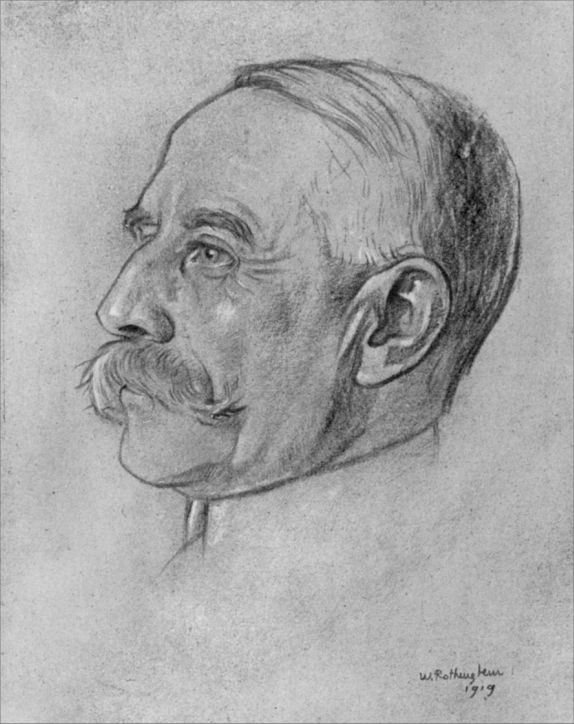
Edward Elgar
Sir Edward Elgar represents the peak of British music in the late Romantic era. His landmark works Enigma Variations and The Dream of Gerontius earn him a position among the great composers of that fruitful era. His Pomp and Circumstance march exemplifies British culture and processional grandeur.

Personal Data
Dates: 1857-1934
Born: Lower Broadheath, England
Residence: London
Friday Performance Picks: Works by Elgar
No. 118: Lux Aeterna
Elgar’s father was a musician. He ran a music shop in Worcester and also tuned pianos. In 1846 he became the organist at St. George’s Roman Catholic Church in Worcester. These influences formed the primary basis of Elgar’s musical education. He received little formal training. He had hoped to study at the conservatory in Leipzig but lacked the financial means. Elgar took a position as a law clerk briefly but left at the age of 16. He then became a freelance musician and never held a regular post for the rest of his life.
He worked as an assistant organist for his father and as a violinist in the local music society. He played bassoon, conducted the glee club, and eventually conducted the Worcester orchestra. Elgar had many opportunities to develop as a musician and to acquire very practical skills.
He married a well-connected woman, Alice Roberts, in 1889 and soon moved to London. Their only child was born in 1890. Elgar was disappointed in his attempts to establish himself as a composer in London and soon moved back to Malvern near Worcester. His Salut d’amour dates from this period and was for some time his most frequently performed work.
Back in Worcester, he continued his steady development as a composer. His overture Froissart was published. 1893 saw the completion of the cantata The Black Knight and his oratorio The Light of Life. His Imperial March for the Jubilee of Queen Victoria in 1897 marked his first real success in London. In 1899 with the composition of his Enigma Variations, Elgar attained a place of prominence in the musical life of England.
Salut d'amour
Elgar wrote Salut d’amour in 1888 and presented it to his fiancée Alice as an engagement gift. He originally gave it a German title Liebesgruss (Love’s Greeting) because Alice was fluent in German. The work was written for violin and piano, but because of its popularity, it has been arranged for many instruments and made into the song “Woo Thou, Sweet Music” with words by Max Laistner.
(You must be logged into the Circle of Scholars to view the rest of this page.)
